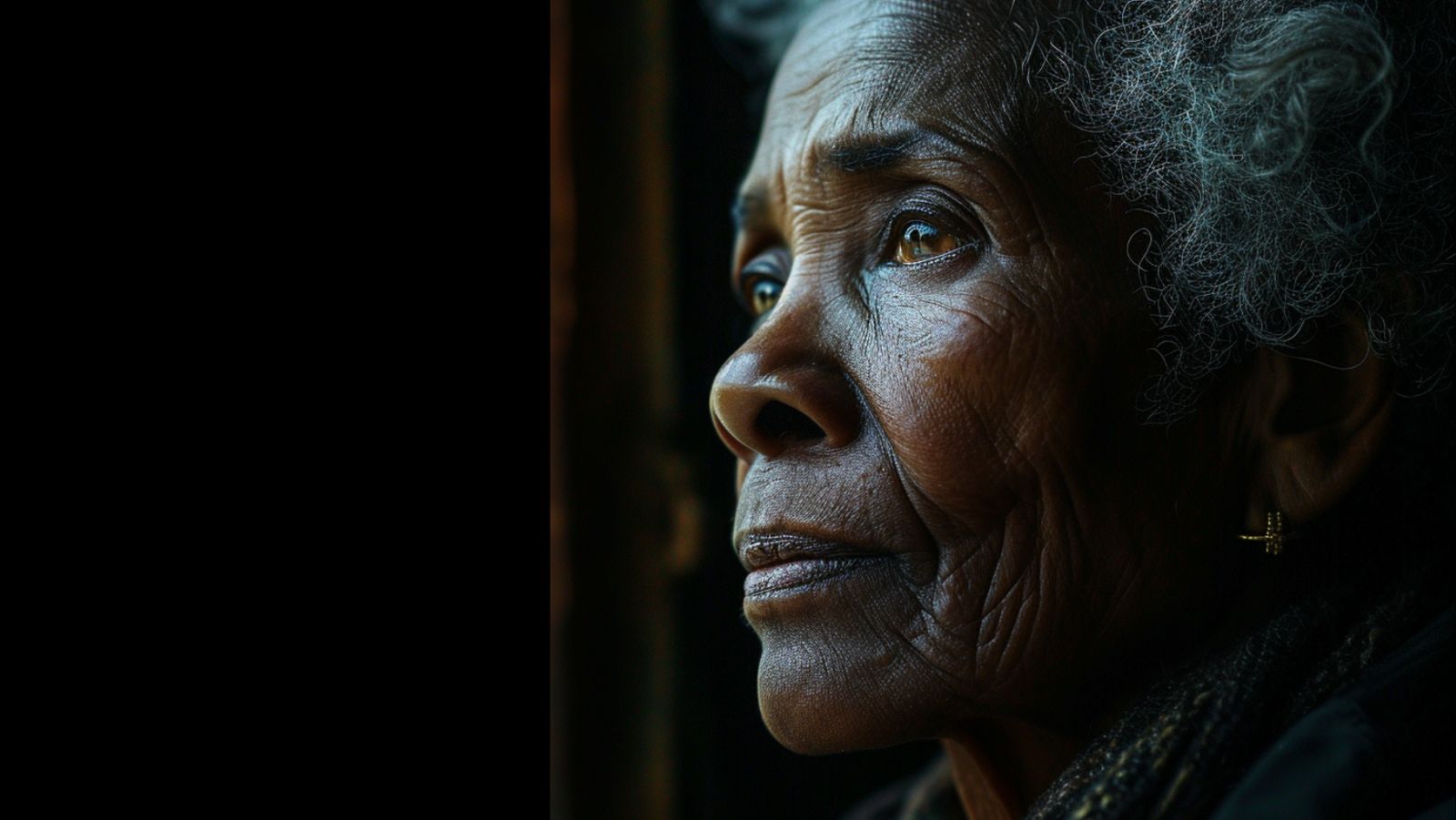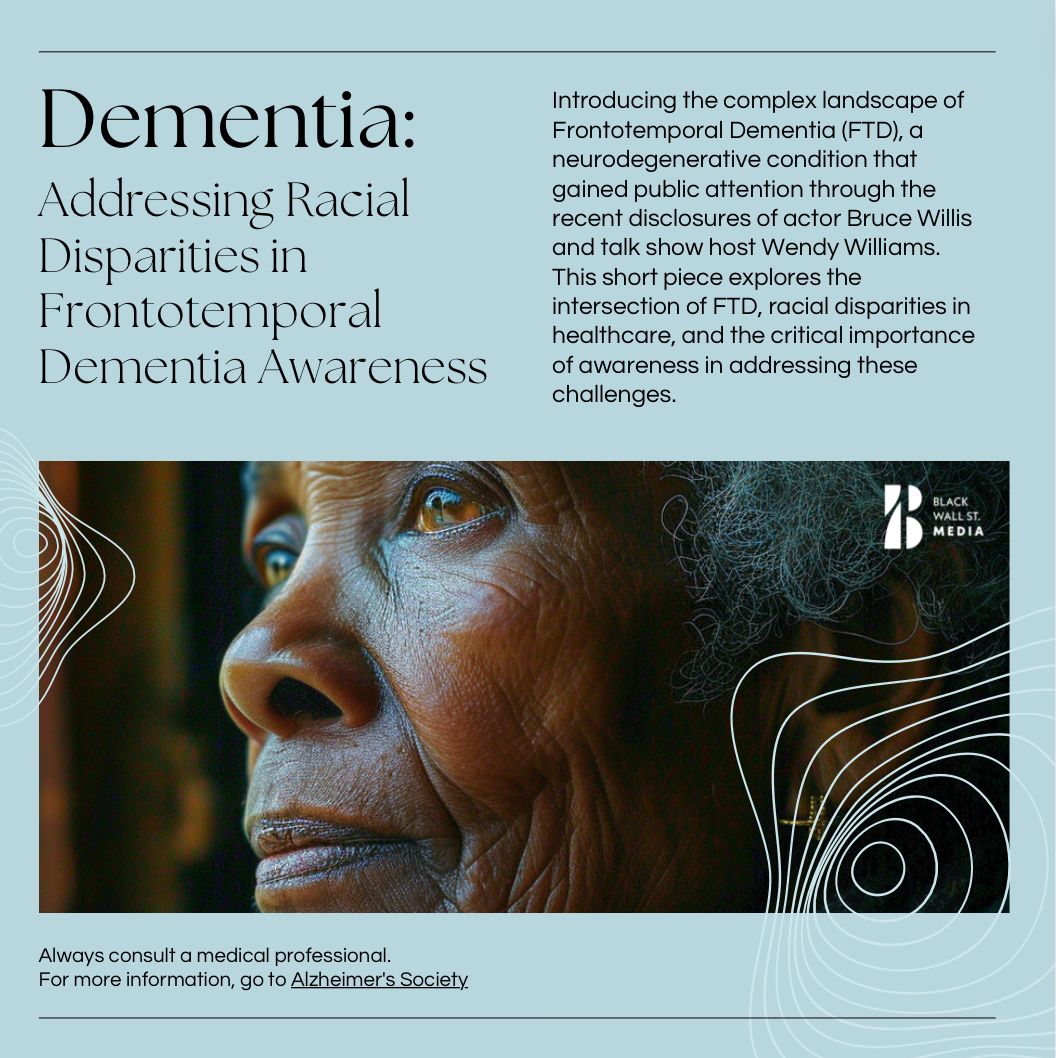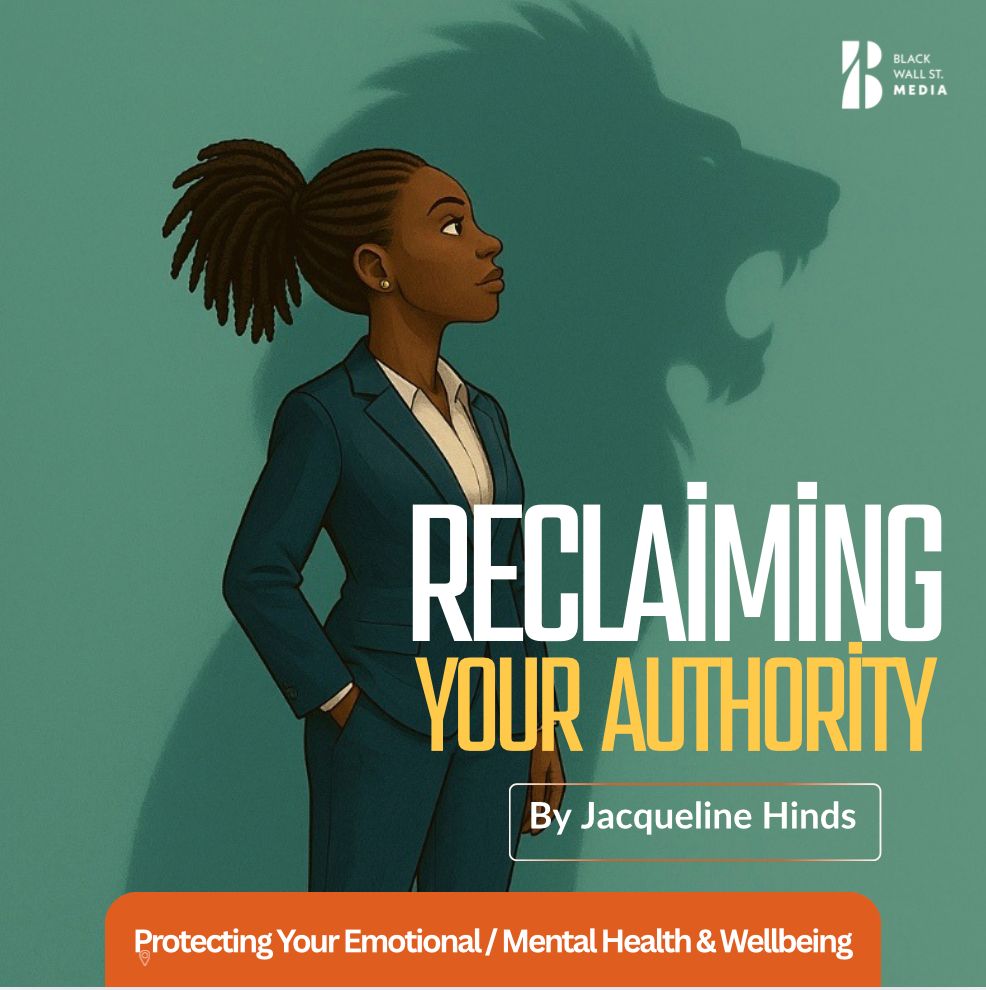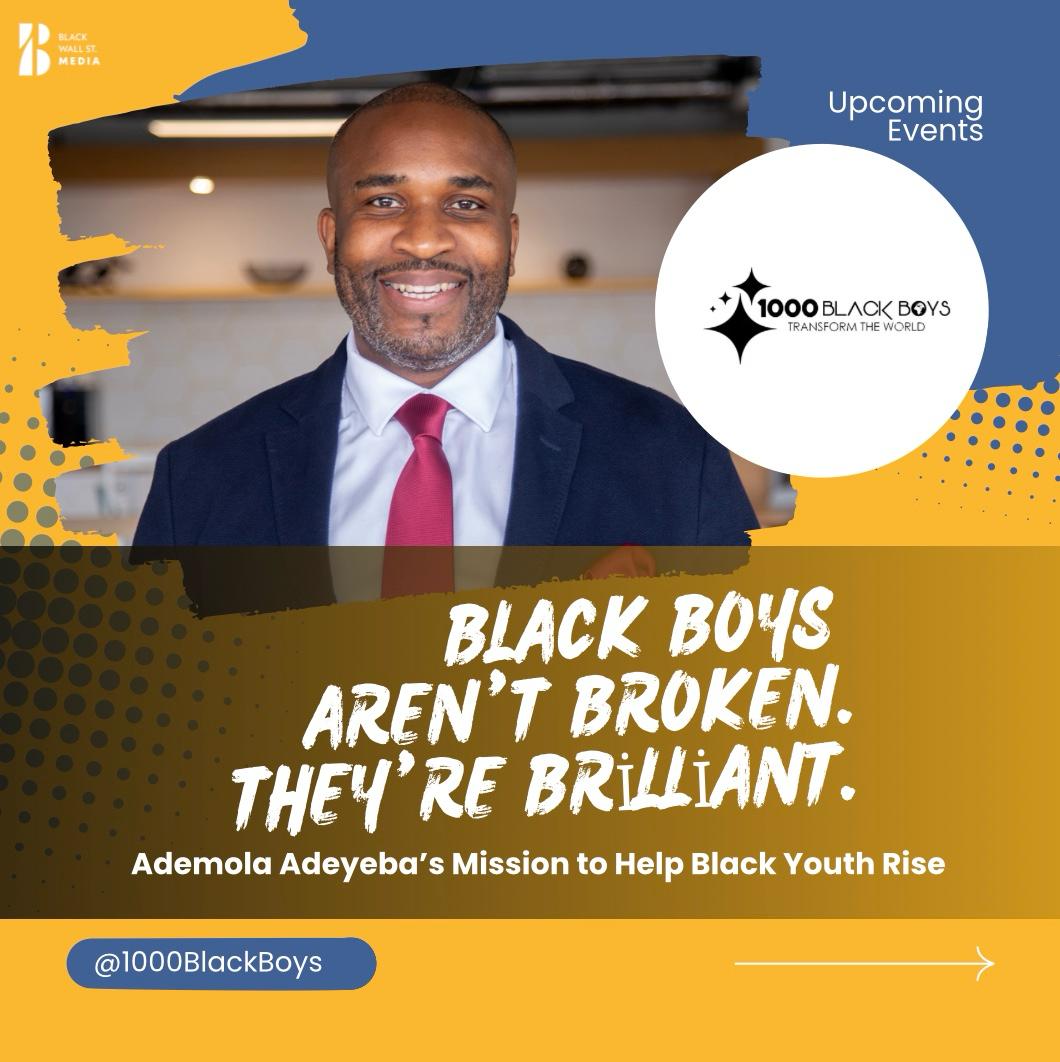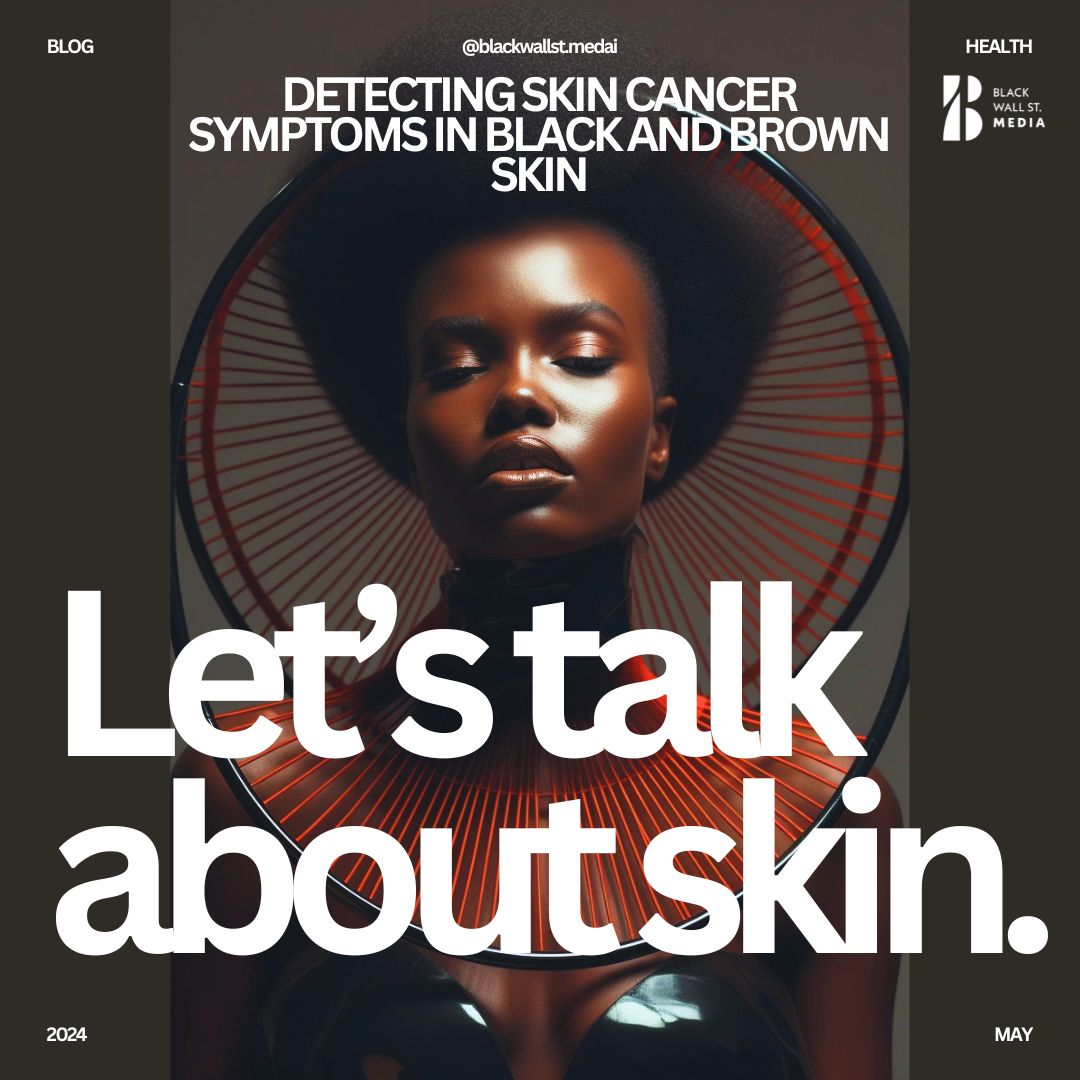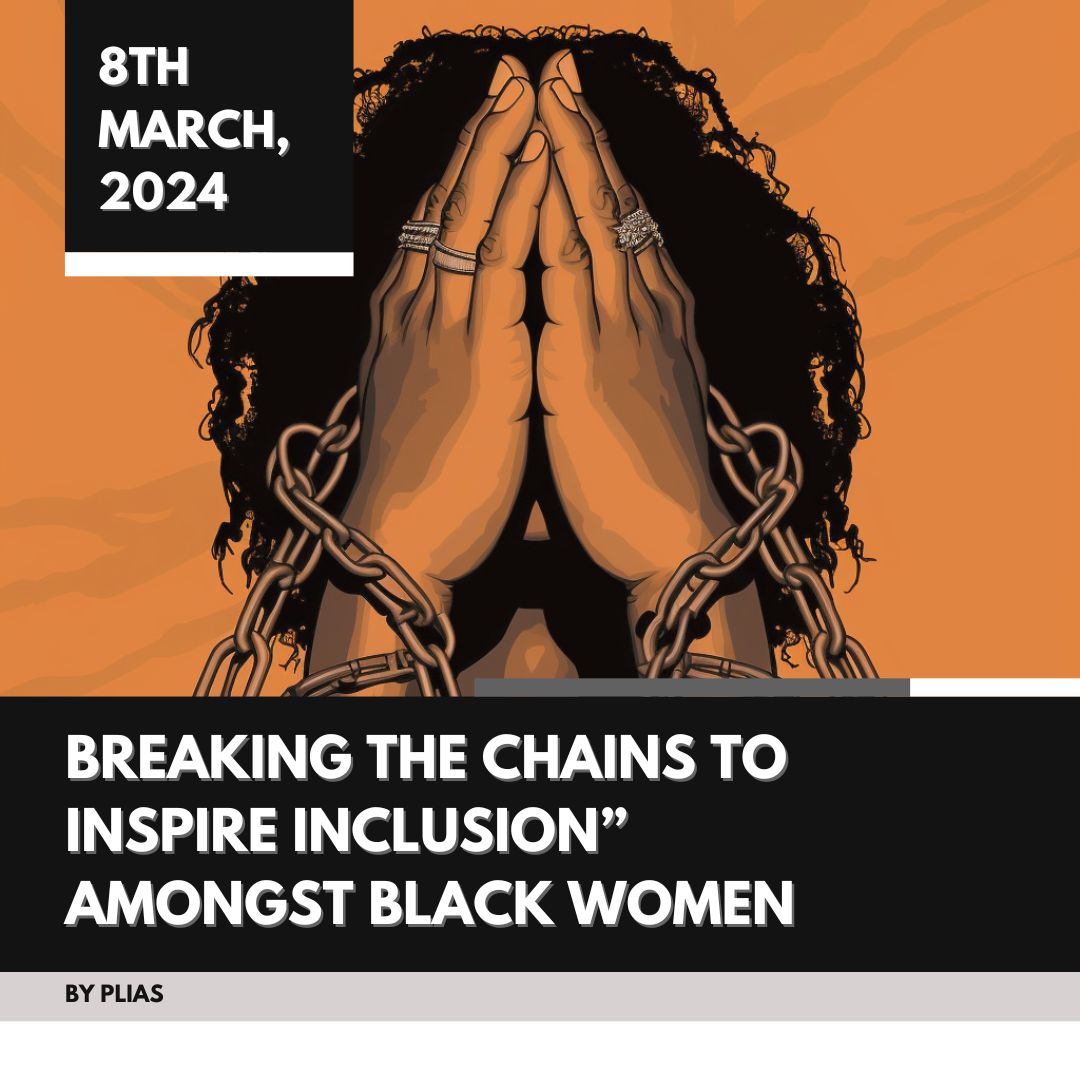Healthcare Equity
Racial Disparities in Frontotemporal Dementia Awareness
“Let's shine a light on the overlooked issue of racial disparities in Frontotemporal Dementia awareness. Join the conversation as we explore the impact and importance of equitable healthcare access”
BWSMCONTRIBUTOR
Understanding Frontotemporal Dementia: Addressing Racial Disparities and Promoting Awareness
Frontotemporal dementia (FTD) captured public attention in 2023 when actor Bruce Willis and, more recently, talk show host Wendy Williams disclosed their diagnoses. Unlike more familiar forms of dementia, FTD primarily affects individuals under 60 years old and manifests through changes in personality, behavior, and language.
Wendy Williams, who hosted her show for 13 seasons before stepping down in 2021 due to health reasons, publicly revealed her FTD diagnosis in February of the following year. Her case, played out in the public eye, sheds light on the disproportionate impact of this debilitating disease on Black Americans.
FTD is a complex neurodegenerative condition with unknown causes and no cure. It typically strikes individuals in their 50s or 60s, presenting either with behavioral changes or language comprehension difficulties. Despite affecting an estimated 60,000 people in the U.S., FTD often goes undiagnosed or misdiagnosed for years, with an average delay of 3.6 years before an accurate diagnosis.
Racial disparities exacerbate the challenges faced by FTD patients, particularly within Black and Latinx communities. Studies have indicated that Black individuals with FTD experience more severe symptoms and functional impairment, often leading to delayed diagnosis and inadequate access to care. Socioeconomic factors, including poverty and lack of health insurance, further contribute to disparities in healthcare access and outcomes.
Moreover, cultural beliefs and stigma surrounding mental health in some Black communities may discourage seeking medical help, leading to delayed diagnosis and treatment. Physician bias also plays a role, with Black and Latinx individuals with FTD being more likely to be misdiagnosed with a psychotic disorder, further delaying appropriate care.
Increasing awareness of FTD is crucial for timely diagnosis and intervention. Accessible screening tools, such as smartphone apps developed for early detection, have the potential to improve diagnostic accuracy and reduce disparities. Additionally, efforts to diversify medical research and develop culturally informed care practices are essential steps towards addressing racial inequities in FTD diagnosis and treatment.
Ultimately, policymakers and healthcare systems must prioritize addressing systemic barriers to healthcare access and promoting trust within marginalized communities. Wendy Williams’ story serves as a poignant reminder of the urgent need to raise awareness and mitigate the racial disparities that exacerbate the suffering of those affected by FTD.
“”
Natalie GodwinCONTRIBUTOR

